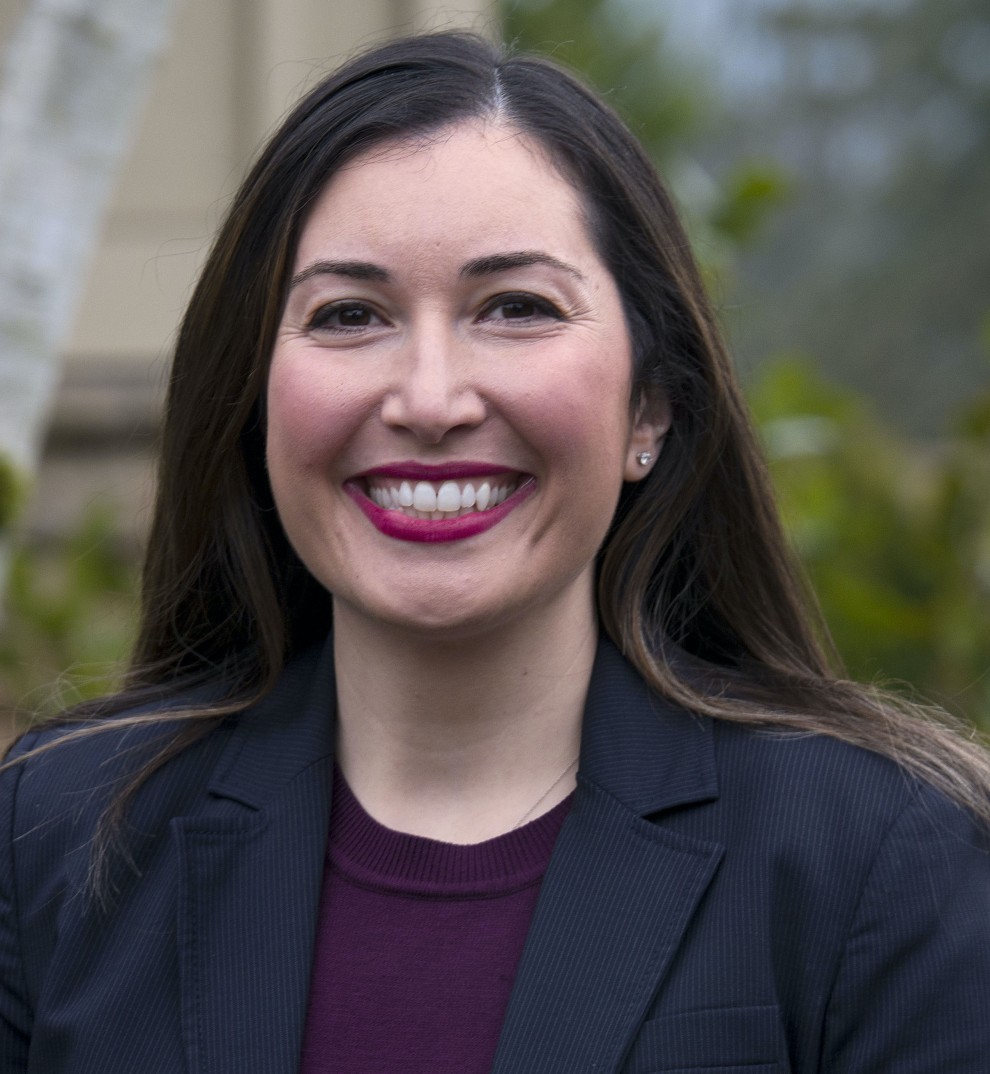
BY LEAH KATZ, PH.D.
Anxiety over the coronavirus (Covid-19) has been building steadily. Many of you have likely lived through other global health scares before. Swine Flu, West Nile Virus, SARS and Ebola come to my mind. Having experienced other large-scale health concerns may serve as reassurance that these alarms pass.
Generally, past experiences counterbalance anxieties in new situations. However, your children don’t have this same history and frame of reference. That makes it a different, scarier experience for them. Add in a child with preexisting anxiety, and you have a recipe for one extremely anxious child. You may notice your anxious child suffering from sleep disturbances, diminished school attendance and preoccupations with getting sick.
Therefore, it is important for us to parent our children mindfully and help guide them through this health scare. The following is a list for parents on the Do’s and Don’ts of parenting your child through the coronavirus:
Do:
• Check your own anxiety. If you are feeling overwhelmingly anxious about the virus and not working through your own feelings, it will certainly rub off on your child. Talk to someone if you feel anxious. Check your facts. Take deep breaths. But whatever you do, don’t allow your anxiety to fester and ooze. Your child will pick up on it and may not turn to you for support if they feel anxious.
• Talk with your school-age children (but don’t go overboard). Children, even younger ones, know when something is off. Not talking about what is happening often backfires and makes them more worried. Be reassuring. Ask them how they are feeling emotionally and listen. Don’t brush off what is happening.
• Remind them of where their power lies. Often in times of stress, we feel powerless, helpless and unable to help ourselves. We give up on finding solutions and give in to our anxiety. Remind your children (and yourself) that they have plenty of power. Their power lies in things like hand washing, not touching their face, not sharing snacks and using a tissue. It is empowering and comforting to find where we can take responsibility in a situation where much is out of our control.
• Use this as an opportunity to discuss gratitude. For their health, for living in a country where medical help is readily available, for the invention of medicine that can control and treat symptoms.
• Lead by example. If you are asking your children to wash their hands more often or not to touch their faces, practice what you preach. It will give you more empathy, and modeling these behaviors will be your children’s best teacher.
Don’t:
• Have adult conversations about the coronavirus in front of them. Even when you think their attention is otherwise engaged, they are listening. Children are sponges; if they are in the vicinity, they pick up and hear almost anything. Save your worried conversations for when your children are not present.
• Go overboard with cleaning. I’ll never forget how the mother of a good childhood friend of mine would go overboard each time one of her children got sick – even with the common cold. She would follow them around with disinfectant spray, carry paper towels around with her, and make everyone feel tense and worried. Don’t do this to your children. Prepare according to CDC guidelines, but make it feel natural. Remind your children that it is important to keep our hands and surfaces clean regardless of a health outbreak.
• Brush your children’s fears away. There is a difference between offering reassurance and being dismissive. An example of a dismissive response would be: What are you afraid of? Things are going to be fine. Reassurance includes both emotional attunement and coaching. It sounds like, I understand you are worried. Can you tell me more about how you are feeling/what you are worried about? After that emotional attunement, offer some reassurance such as, I know you’re worried. I’ve been alive longer and have seen many other health scares. I have always been fine, and I’m confident we will be fine through this. Know I am here to talk if you are worried.
~~~
Get your facts straight and do your own research from reputable sites. Be careful what you read in the news, and how much exposure you’re getting to the scary stuff. Scientifically, this has been shown to affect you. Get the facts, educate yourself and allow that to guide you.
Leah Katz, Ph.D., is a clinical psychologist practicing in Portland. She specializes in working with teenagers and adults with anxiety and depression. Leah is a member of Congregation Kesser Israel and is in the Wexner 2020 Portland cohort. She is also a contributing blogger for PsychologyToday.com.

0Comments
Add Comment